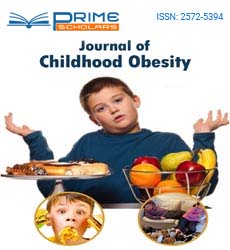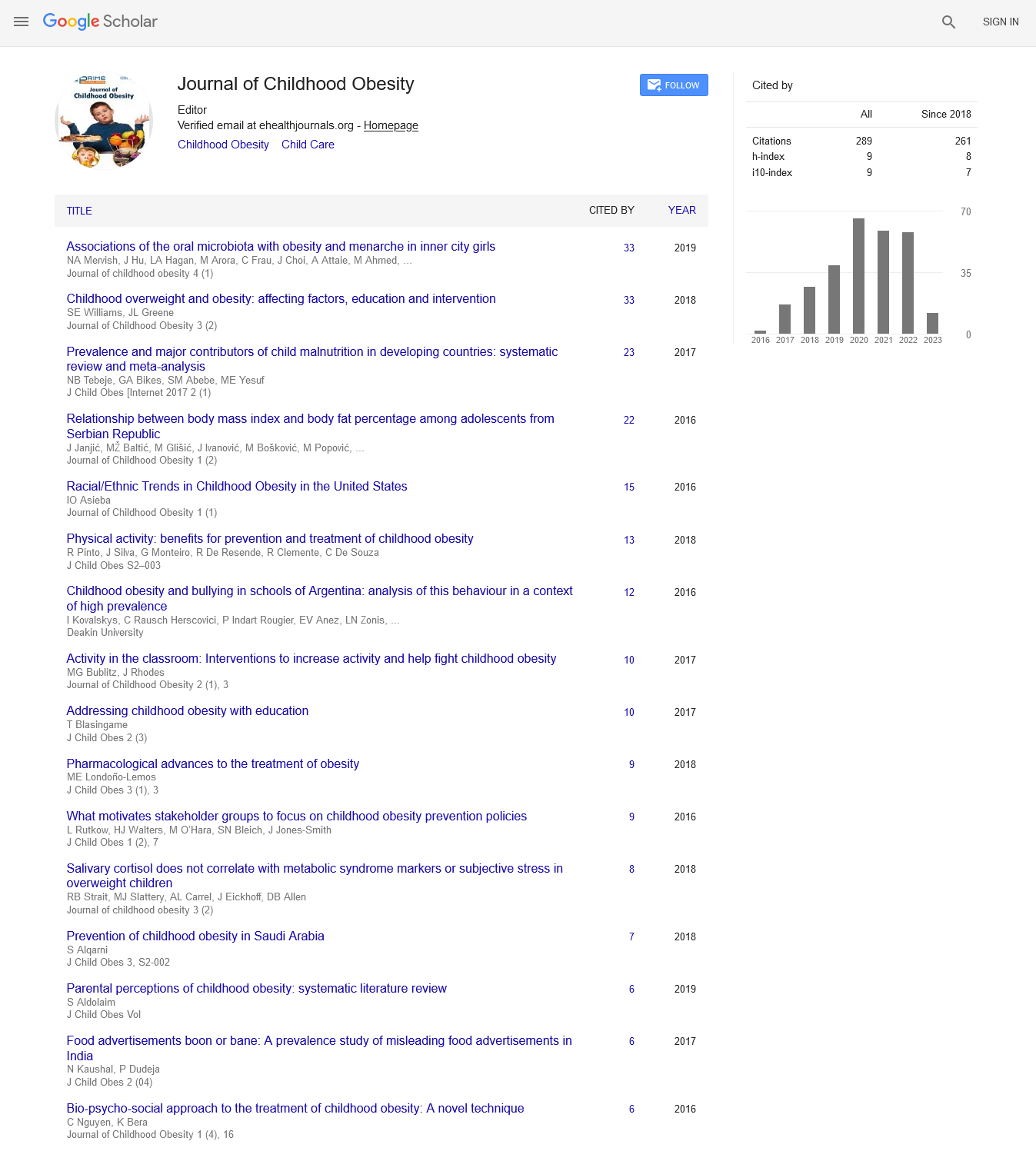Opinion - (2024) Volume 9, Issue 6
The Foundation of Health: Embracing Healthy Eating Habits
Fiona Clay*
Department of Pediatrics, University of California, United States
*Correspondence:
Fiona Clay,
Department of Pediatrics, University of California,
United States,
Email:
Received: 02-Dec-2024, Manuscript No. IPJCO-25-22538 ;
Editor assigned: 04-Dec-2024, Pre QC No. IPJCO-25-22538 (PQ);
Reviewed: 18-Dec-2024, QC No. IPJCO-25-22538 ;
Revised: 23-Dec-2024, Manuscript No. IPJCO-25-22538 (R);
Published:
30-Dec-2024, DOI: 10. 21767/2572-5394-9.6.35
Introduction
While occasional indulgence in treats is acceptable, regularly
consuming highly processed foods or fast food can have a
detrimental impact on health. These foods are often high
in unhealthy fats, refined sugars, and sodium, all of which
contribute to weight gain and increase the risk of chronic
diseases. Minimize the consumption of packaged snacks, sugary
cereals, sweets, and fried foods. One of the most important
healthy eating habits is learning to listen to your bodyâ??s hunger
and fullness signals. Itâ??s important to eat when youâ??re hungry
and stop when youâ??re satisfied, not when youâ??re overly full.
Emotional eating can also be an issue for many people, so itâ??s
important to distinguish between physical hunger and eating
out of stress or boredom. Engaging in activities like journaling
or mindfulness can help manage emotional eating triggers.
While fad diets and extreme eating plans may promise quick
results, they are often unsustainable and can lead to nutrient
deficiencies. Instead of following temporary, restrictive diets,
focus on making gradual, sustainable changes that promote
long-term health. Meal planning and preparation are key
strategies for maintaining healthy eating habits. By planning
meals in advance, you can ensure that you have access to
nutritious foods and avoid the temptation of unhealthy
convenience foods.
Description
Take time to prepare meals in bulk, so you always have healthy
options readily available. Water is essential for overall health,
as it supports nearly every bodily function. Staying hydrated
helps regulate body temperature, remove waste products, and
maintain healthy skin. Itâ??s recommended to drink at least eight
8-ounce glasses of water a day, though individual needs can
vary depending on activity level and climate. Eating a balanced
diet, exercising regularly, and practicing healthy habits will
result in improved wellness over time without the need for
drastic measures. Healthy eating habits promote better heart
health, support the immune system, reduce inflammation,
and prevent chronic diseases such as obesity, diabetes, and
certain cancers. A nutrient-rich diet positively influences
mood, mental clarity, and cognitive function. Nutrients such as
omega-3 fatty acids, folate, and B vitamins have been shown
to support brain health and reduce the risk of depression and
anxiety. Healthy eating habits help maintain a healthy weight
by promoting a balanced intake of calories and nutrients. By
consuming the right foods in appropriate portions, individuals
can avoid excessive weight gain and maintain a stable weight.
A well-balanced diet provides sustained energy throughout the
day, improving focus, productivity, and overall quality of life.
Conclusion
Establishing healthy eating habits at a young age sets the stage
for long-term health, reducing the likelihood of developing
chronic diseases and promoting a longer, more fulfilling life.
Adopting and maintaining healthy eating habits is not just
about following a temporary diet but rather about making
consistent, informed choices that support overall health and
well-being. A balanced diet rich in whole, unprocessed foods,
combined with regular physical activity and mindful eating
practices, lays the foundation for a healthier, happier life. By
making gradual changes and committing to long-term habits,
you can optimize your health and enjoy a vibrant, fulfilling life.
Remember, healthy eating is a journey, not a destination, and
every small step counts toward better health.
Acknowledgement
None.
Conflict Of Interest
The author declares there is no conflict of interest.
Citation: Clay F (2024) The Foundation of Health: Embracing Healthy Eating Habits. J Child Obesity. 9:35.
Copyright: © 2024 Clay F. This is an open-access article distributed under the terms of the Creative Commons Attribution License, which permits unrestricted use, distribution, and reproduction in any medium, provided the original author and source are credited.

